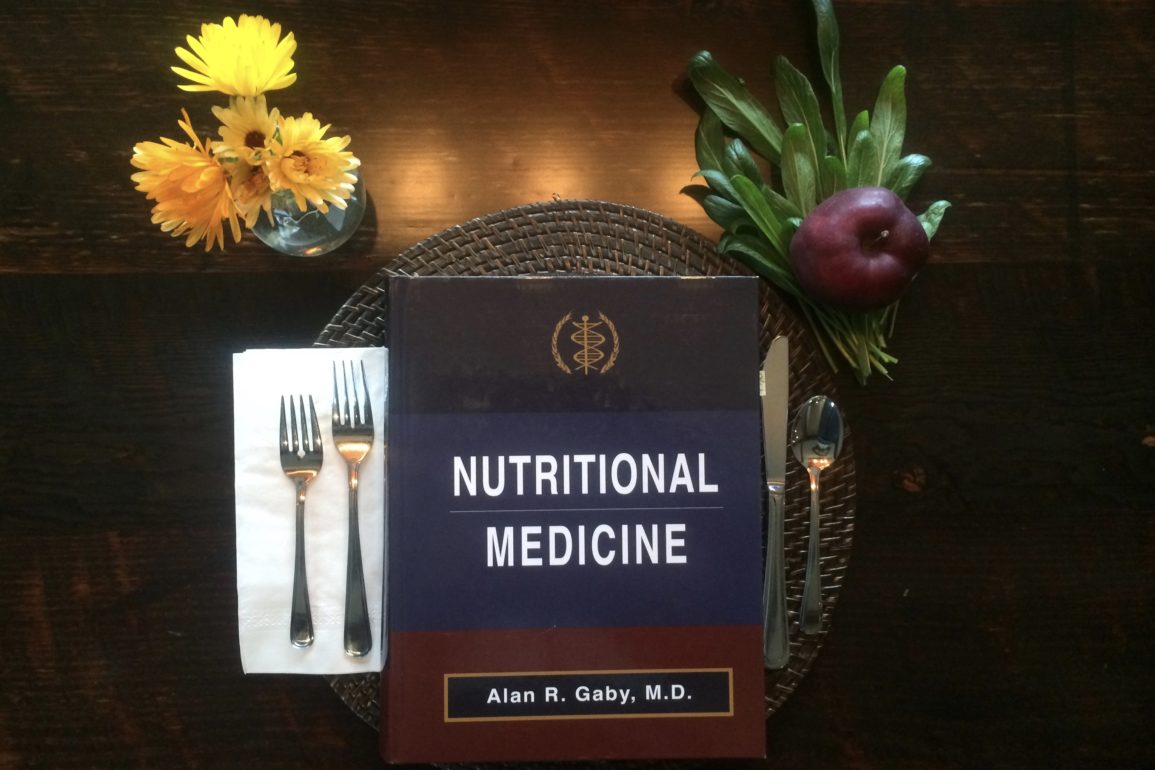Processed foods are chemically engineered to deliver a dopamine high. It’s true sugar itself is actually more addictive than cocaine. When one eats processed food, the brain responds with lower numbers of dopamine receptors to effectively counteract the increase in dopamine. This requires more dopamine to get the same “high” and also explains the depression often associated with food addiction.
Why is this important? Dopamine is made in your brain and acts as a hormone ( relays information to multiple sites in the body) and a neurotransmitter (a chemical messenger in the brain). It plays a role in memory, movement, motivation, mood, attention and reward.
Long term health consequences
Like with smoking, the addiction is one thing. The long term health consequences are another. High consumption of ultra-processed foods (UPF) is associated with an increase in blood pressure, cardiovascular disease, cancer, diabetes, irritable bowel syndrome, depression and frailty conditions, overweight, obesity and and death. Processed foods disrupt the microbiome diversity, influence nutrient absorption, satiety (feeling of fullness), and glycemic response. As little as a 10% increase in the proportion of ultra-processed foods in the diet is associated with a significant increase of greater than 10% risk of cancer.
Overcome food addiction
Change can be difficult.
Most people don’t like change.
But what if you don’t like where you are either?

Programs coupled with gut health improvement, dietary/lifestyle advice and nutrient repletion are available through Dr. Laura M. Brown, ND.
How does one get started? You start where you are and take things one bite at a time. It’s about evolution, not revolution.
“You can’t go back and change the beginning, but you can start where you are and change the ending.”
—C. S. LEWIS
Healing is a step-by-step process, like peeling the layers of an onion. In order to heal, you have to go one layer at a time. It might even make you cry! It involves addressing the physical, emotional, cognitive, and spiritual levels.
Peeling the onion takes time and effort.
My goal is to help you recognize patterns, remove obstacles, and stimulate your body’s natural mechanisms to repair damage and rebuild health.
You can only make decisions based on what you know. As you learn new information, you integrate it with your prior knowledge and apply it to your current experience. It’s an evolutionary process. We learn as individuals, but we also learn as a collective generation. We have advanced in what we know about digestion, but we have also wandered from a lifestyle that supports the common blueprint of our being.
We know more intellectually, but we sadly lack the wisdom to care for our bodies.
It seems the more we fill our brains with knowledge, the further we get from living how our bodies love us to live.
As Victor E. Frankl once said, “When we are no longer able to change a situation, we are challenged to change ourselves.”
It’s up to you to decide if you are ready to change yourself.
Are you?
Click here to book an appointment.
References:
https://www.medscape.com/viewarticle/984600?src=wnl_recnlnew2_ous_221128_MSCPEDIT_&uac=159434EN&impID=4921256#vp_2 Accessed November 28, 2022.
Elizabeth, L., Machado, P., Zinöcker, M., Baker, P., & Lawrence, M. (2020). Ultra-Processed Foods and Health Outcomes: A Narrative Review. Nutrients, 12(7), 1955. https://doi.org/10.3390/nu12071955
Fiolet, T., Srour, B., Sellem, L., Kesse-Guyot, E., Allès, B., Méjean, C., Deschasaux, M., Fassier, P., Latino-Martel, P., Beslay, M., Hercberg, S., Lavalette, C., Monteiro, C. A., Julia, C., & Touvier, M. (2018). Consumption of ultra-processed foods and cancer risk: results from NutriNet-Santé prospective cohort. BMJ (Clinical research ed.), 360, k322. https://doi.org/10.1136/bmj.k322
Juul, F., Vaidean, G., & Parekh, N. (2021). Ultra-processed Foods and Cardiovascular Diseases: Potential Mechanisms of Action. Advances in nutrition (Bethesda, Md.), 12(5), 1673–1680. https://doi.org/10.1093/advances/nmab049
Nardocci, M., Polsky, J. Y., & Moubarac, J. C. (2021). Consumption of ultra-processed foods is associated with obesity, diabetes and hypertension in Canadian adults. Canadian journal of public health = Revue canadienne de sante publique, 112(3), 421–429. https://doi.org/10.17269/s41997-020-00429-9
Pagliai, G., Dinu, M., Madarena, M. P., Bonaccio, M., Iacoviello, L., & Sofi, F. (2021). Consumption of ultra-processed foods and health status: a systematic review and meta-analysis. The British journal of nutrition, 125(3), 308–318. https://doi.org/10.1017/S0007114520002688




